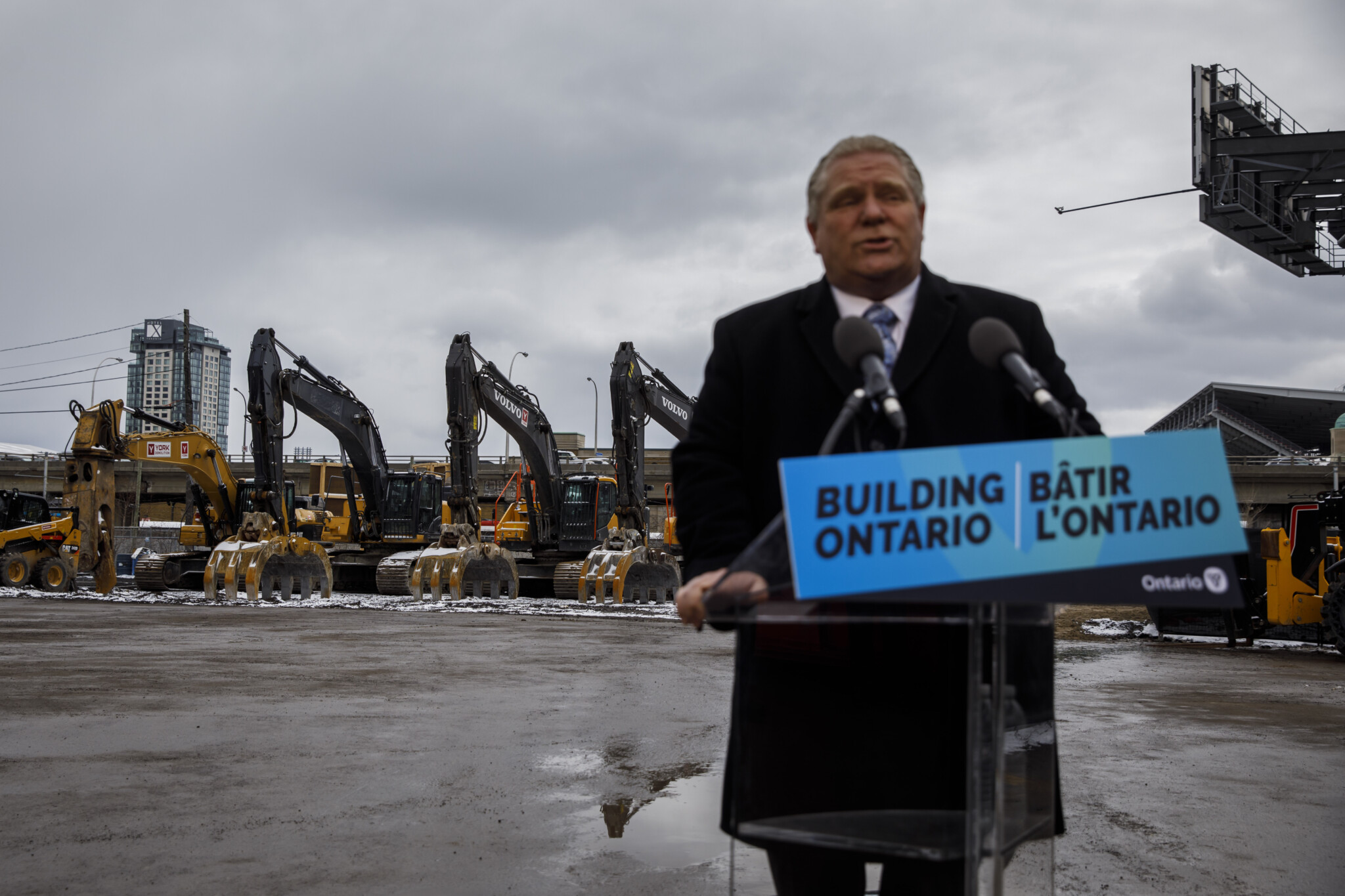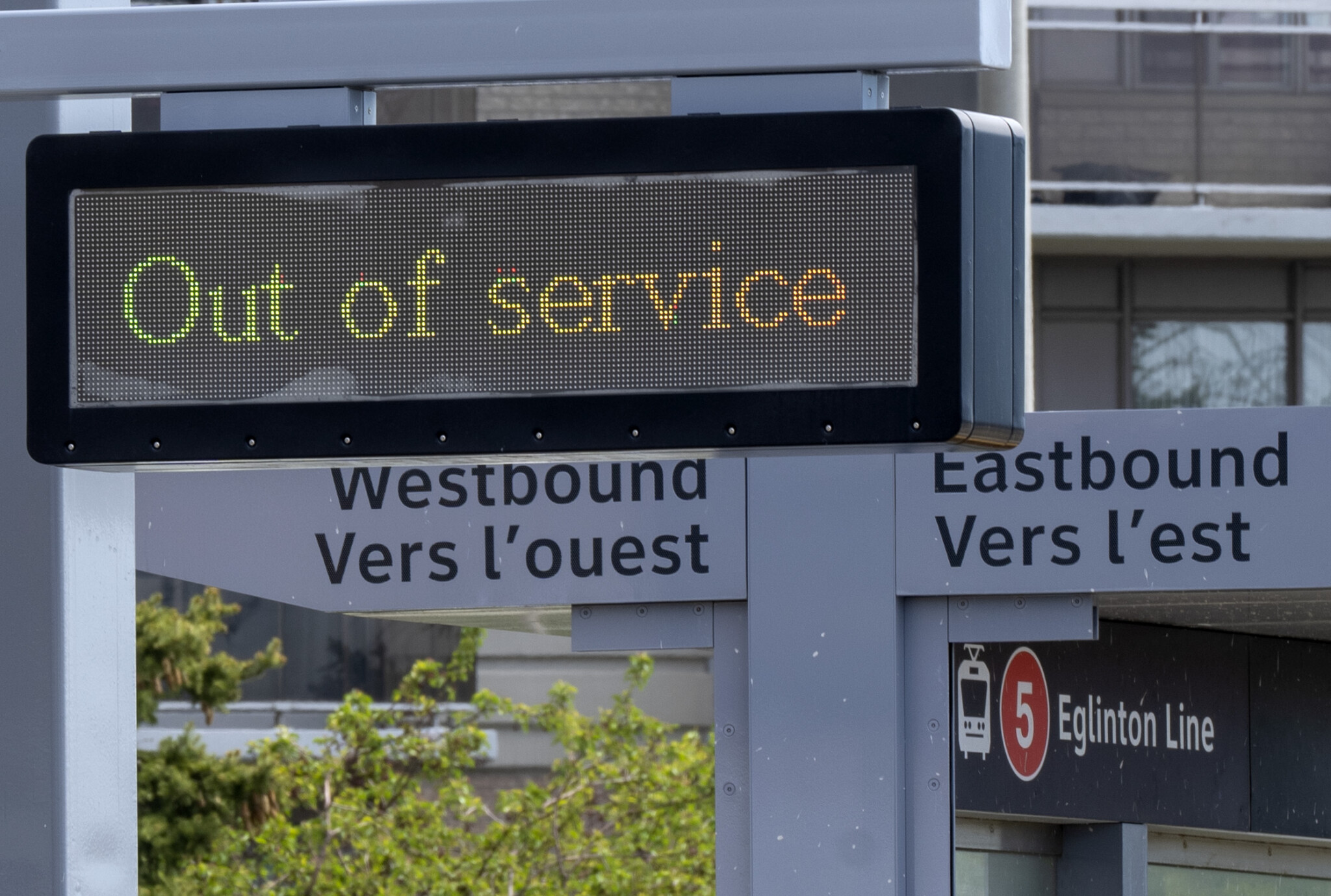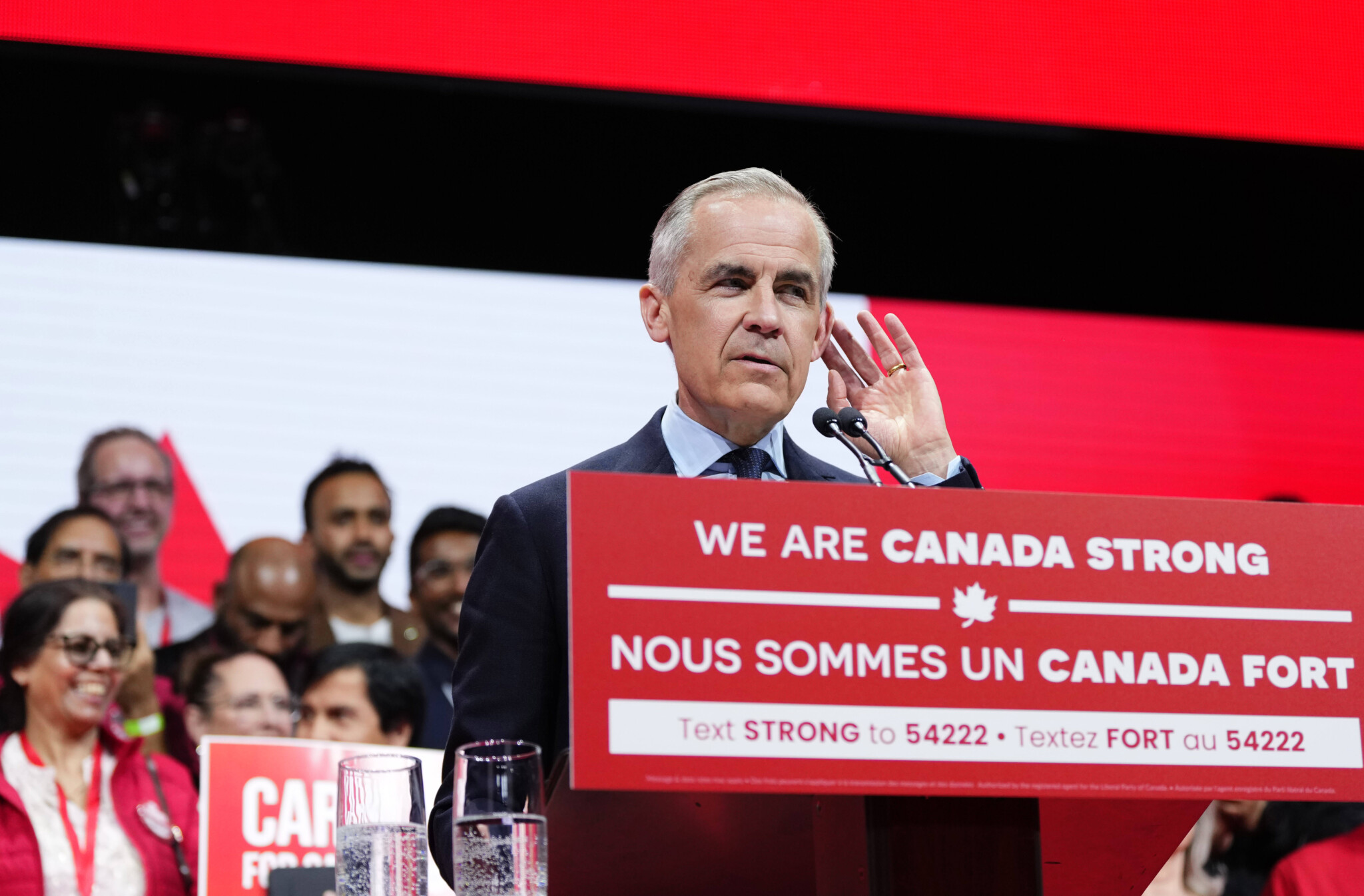Canada is no longer the world-leading developed country it once was.
We still talk like one, and identify as one. But when you look at how long it takes to build a subway, what it costs to add a housing unit, or how little economic progress we’ve made per person over the last decade, the truth is obvious: we are in decline. The systems that once delivered rising prosperity no longer function in practice—they now produce delay, contradiction, and paralysis.
The reason is simple. We’ve spent a generation legislating luxury opinions—ideas that sound virtuous, cost nothing to say, and deny the trade-offs real progress requires. These beliefs persist for two reasons: first, because it’s easier for politicians to tell voters a comfortable story than tell them the truth about trade-offs; and second, because many leaders sincerely hold these views. More than half of politicians in Canada are over 50 and came of age during a period when progress in material well-being was a given. They still govern as if nothing has changed, because for them, it hasn’t.
You can see it already in Mark Carney’s new government. His new housing minister, Gregor Robertson, recently said he believes we can make housing more affordable—without home prices coming down. It’s the anchor luxury opinion of our era: that we can solve a cost crisis without touching the people who benefit from the shortage, or the cost itself. That affordability can be achieved, but no one will lose equity. It’s not just wrong—it’s delusional.
This is how the governing class speaks now—pretending we can build a fairer country without disrupting an unfair one. They will say anything except the truth: that progress requires tough choices, and those choices will upset someone. And in Canada, not making those choices has become our national pastime—it has made every problem we have even harder to fix.
Delusion is for the winners
On housing, let’s agree on a few core principles. In a free liberal society, property ownership should be broadly attainable. Land should be developable by people who own it, within reasonable limits. And in a growing economy, housing quality should improve over time—larger, better amenities, and increasingly affordable relative to local wages. Moving to a city should make your life better due to opportunities, not worse due to high costs.
That these basic outcomes don’t happen in Canada isn’t because economics has stopped working. It’s because politicians wrote their luxury opinions about housing into law. Now we have a system where everything is centralized, delayed, vetoed, and contradictory. Municipalities usurp rights with a smile. Provinces like Ontario dodge responsibility for it. And Carney’s cabinet is already giving off the same well-meaning, do-nothing vibes.
Ontario’s Greenbelt is the perfect example of a legislated luxury opinion. Created in 2005 to preserve farmland and stop sprawl, it’s been sanctified by environmentalists, homeowners, and politicians alike. But its effect is simple and devastating: it’s now impossible for middle-class families to live on the ground anywhere near Toronto without an inheritance. In B.C., the Agricultural Land Reserve preserves emptiness while people stack up in condos.
Infill growth-housing built in existing neighbourhoods within an urban boundary was supposed to be the workaround. But we never actually allowed it. The rules, taxes, delays, and design mandates we’ve layered onto development have made most residential properties in Canada unviable to redevelop. It’s a quiet theft of rights—and a massive policy failure few are willing to acknowledge.
And yet we still justify it all with high-minded luxury lingo: anti-sprawl frameworks, environmental overlays, placemaking, local democracy, neighbourhood character—plus symbolic justice and subsidies for politically favoured groups. These are tertiary goals elevated above the material needs of working people. It’s a luxury delusion to believe we can protect everything, appease everyone, change nothing—and still make housing affordable. The truth is it’s impossible.

Ontario Premier Doug Ford speaks during a groundbreaking announcement for the Ontario Line, a public transit route proposed for Toronto, on Sunday, March 27, 2022. Cole Burston/The Canadian Press.
Building for a poorer future
The housing file isn’t an outlier. It’s the template used in countless other parts of Canadian society.
The country’s largest transit project—the half-underground Ontario Line—is expected to cost over $1.7 billion per kilometre, quintupling the cost of Paris’ fully underground Line 14 extension, which came in at $300 million CAD per kilometre. The Eglinton Crosstown light rail in Toronto will double this cost at over $600 million per kilometre and is still five years late—it has now been delayed longer than it took to build the Canadian Pacific Railway, which crossed a continent in four years, 150 years ago.
Our high-speed rail project between Quebec City and Toronto, Project Alto, was announced as high-frequency rail in 2015. It’s still in design. Trains might arrive by 2043—delivering a service France and Japan had in the 1980s—after thirty years, if we’re lucky. Canadians now have to travel abroad to experience world-leading infrastructure. We’ve fallen so far behind, we can’t even fathom the best for ourselves; even our aspirations are to mediocrity.
And yet there is no meaningful effort to change our approach. Politicians announce projects with press releases about “investment” and “job creation”—as if the goal of public spending is headcount, not value. But, infrastructure is not a make-work program. It’s not therapy for consultants. It’s how societies build prosperity—and we’ve forgotten how to maximize its value.
Canada doesn’t build systems anymore. We make announcements. Premier Doug Ford wants to tunnel a new lane under Highway 401 for tens of billions of dollars—while banning cities from using congestion pricing that has proven effective everywhere it has been tried. That’s not governing to fix congestion. That’s a rejection of physics. And it reflects something deeper: we’ve allowed the luxury opinions of individual politicians to dictate what gets built, regardless of cost or consequence. This is how second and third-world countries function, not developed ones.

“Out of Service” signs are shown on the Eglinton Crosstown LRT in Toronto on Friday, May 5, 2023. Frank Gunn/The Canadian Press.
We can’t ignore hard truths
We see the same problem in the immigration debate. When U.K. Labour leader and Prime Minister Keir Starmer suggested that immigrants should integrate into British culture, Canadian progressives called it colonialism. But that response is a luxury—available only to people who can take cohesion and shared values for granted.
In Canada, immigration has been treated as a moral identity, not a national strategy. Despite rising permanent admissions, the share of economic immigrants holding skilled occupations is falling—replaced by lower-skilled, refugee, and family reunification entries. That shift isn’t accidental. It reflects a governing philosophy that avoids hard priorities in favour of symbolic ones.
Immigration is not a virtue. It’s a policy. And it should serve the national interest—economically and culturally. We should care whether newcomers can succeed, contribute, and actually want to be part of Canada. Multiculturalism doesn’t mean parallel societies. It means people can carry many identities—and one of them should be Canadian.
To reject that is not “justice for history.” It’s just another luxury opinion.
A prosperous society can afford luxury opinions
Not all luxury opinions are bad. A prosperous society should be able to prioritize long-term goals, express moral ambition, and make space for ideas that don’t show immediate returns. The problem isn’t that luxury beliefs exist. It’s that we’re trying to govern with them when we are failing the basics. We’re skipping straight to the nice-to-haves while the must-haves fall apart.
If we want to get back to being the kind of country that can afford luxury opinions—on environment, on justice, on identity—we need to rebuild the conditions that once made them possible: rising living standards, functioning public systems, and a sense that the future will be better than the past.
Climate change—the most pressing collective action problem in history—is quietly falling off the agenda. Not because Canadians don’t care, but because they’ve gotten poorer. Environmentalism is, in part, a luxury value. It depends on a foundation of stability. You can’t decarbonize a country that can’t build a train, permit a wind farm, or deliver housing. Climate ambition is a function of public will and competence—and we’ve run out of both.
Here is the truth: Canada is not a poor country. But we are increasingly governed like one. We can lead again, but we can’t afford to be governed by the luxury opinions of recent decades anymore.










